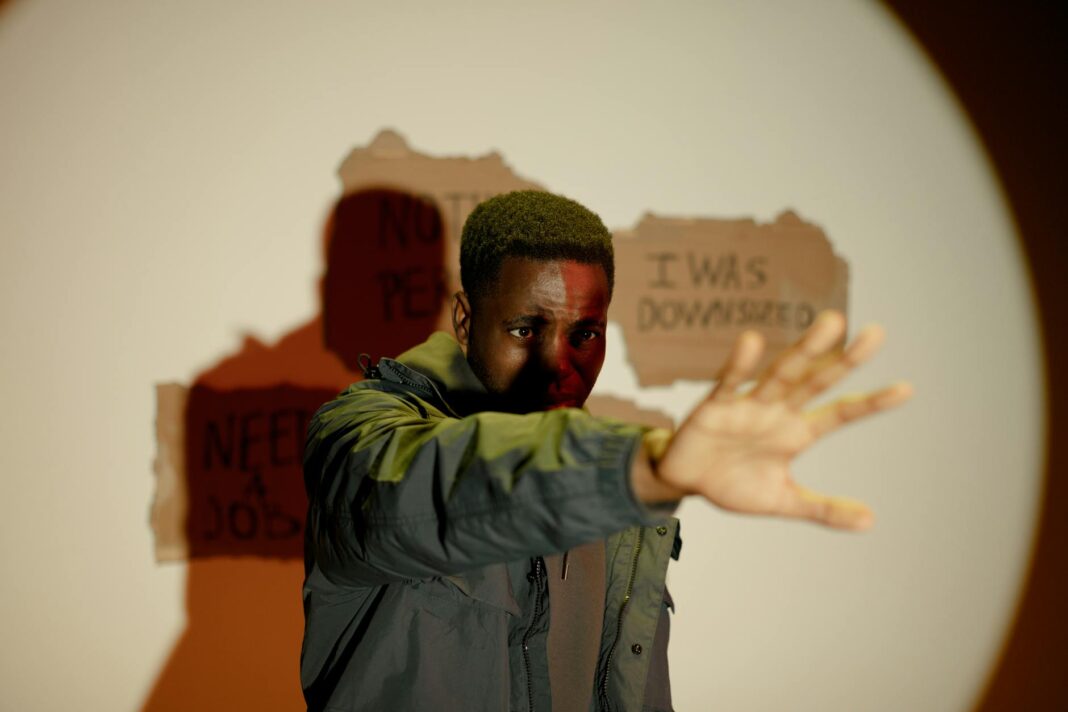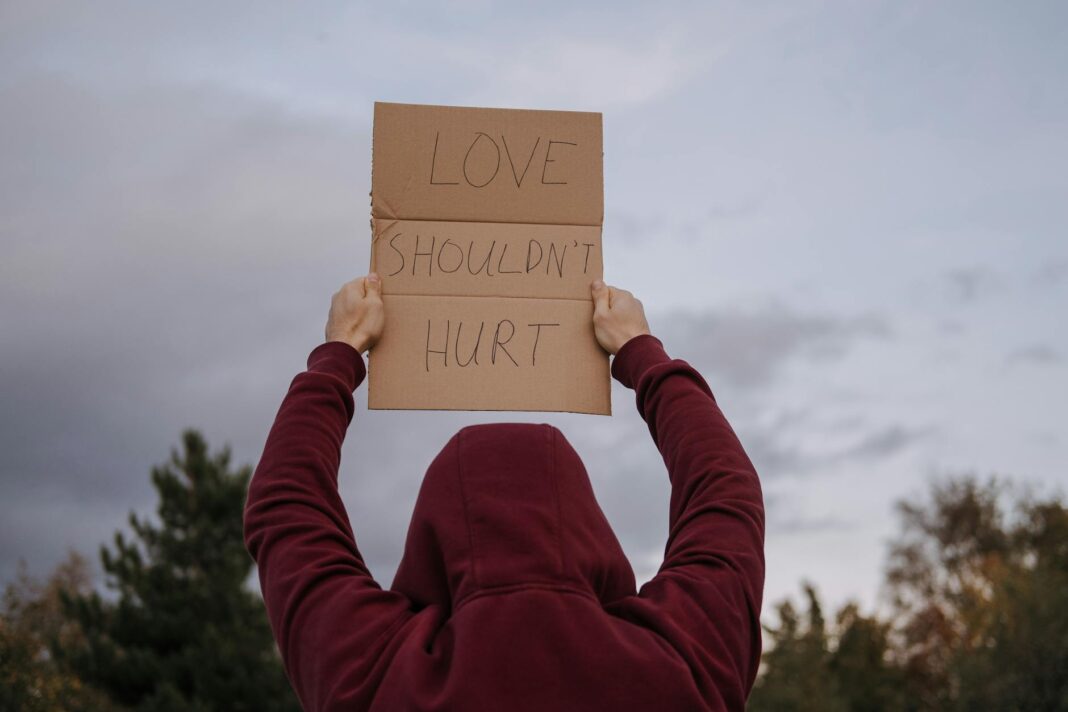Suspect in Kirk Case Makes Court Appearance
In a chilling courtroom scene, Tyler Robinson, the 22-year-old suspect in the murder of conservative commentator Charlie Kirk, appeared wearing an anti-suicide vest. This unsettling choice of attire raised eyebrows and questions about Robinson’s mental state and the severity of the charges he faces. The Utah County Attorney’s office is pushing aggressively for the death penalty, underscoring the gravity of the situation and the stakes involved in this high-profile case.
Confession Through Text Messages
As the case unfolds, new evidence has emerged that complicates Robinson’s defense. Reports indicate that he may have confessed to his roommate via text messages shortly after Kirk’s murder. This revelation adds a significant layer to the prosecution’s case as it suggests a level of awareness and acknowledgment of guilt on Robinson’s part. The contents of these messages are likely to be scrutinized heavily as they could provide crucial insights into his mindset and intentions at the time of the incident.
The Legal Stakes
The push for the death penalty by the state reflects not only the heinous nature of the crime but also the desire for justice in a highly publicized case. The legal proceedings are expected to draw considerable media attention and public interest. The courtroom drama will likely be intense, with both prosecution and defense presenting their arguments in a bid to sway the jury. The stakes couldn’t be higher for Robinson, who is facing life-altering consequences if found guilty. His defense team will need to craft a strategy that can effectively counter the prosecution’s claims, particularly in light of the text messages that suggest a confession.
Public Reaction
The public’s response to Kirk’s murder and Robinson’s subsequent arrest has been one of shock and outrage. Many are demanding accountability and are eager to see how this case unfolds. The implications of this trial extend beyond just the individuals involved; they touch on broader issues concerning safety, mental health, and justice within the community. As details continue to emerge, public opinion will likely evolve, further fueling the narrative surrounding this tragedy. Social media platforms are abuzz with discussions about the case, with many expressing their disbelief and anger at the events that transpired.
The Role of Mental Health
Robinson’s appearance in an anti-suicide vest has sparked conversations about mental health, particularly in relation to violent crime. It raises questions about how the legal system addresses mental health issues and what resources are available for individuals who may be struggling. Mental health professionals often contend that there is a stigma surrounding mental illness, which can lead to tragic outcomes when individuals do not receive the help they need. This case may serve as a catalyst for discussions about mental health resources and the support systems in place for those who are vulnerable.
Looking Ahead
As the legal process advances, attention will turn to how Robinson’s defense team plans to counter the prosecution’s evidence. The role of mental health in this case will undoubtedly come into play, especially given the anti-suicide vest he wore during his court appearance. It’s a stark reminder that behind the legalities and the headlines, real lives are affected by these events. The trial could potentially set precedents regarding how mental health is considered in cases involving violent crime. Observers will be closely watching for any developments that could impact the outcome of the case.
Questions
What impact will the text messages have on Robinson’s defense strategy?
How might this case influence public perceptions of mental health in the legal system?
What are the potential implications of the death penalty in this case?




